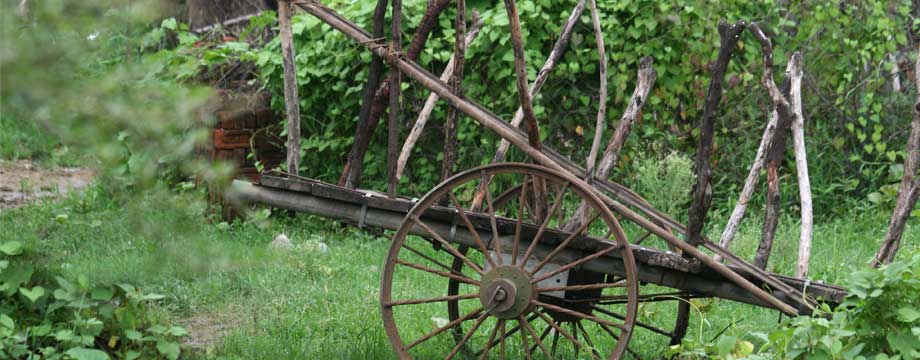Today when you want a drink it’s easy to run off to the shops and purchase a bottle, but in the 1880s it was a whole different matter. Pubs were the only establishments licensed to distribute alcohol and they jumped through hoops to hold onto their licence. Every year they had to attend a licensing court held in their district. If an owner of a licence died, the partner had to reapply. Hours of business were regimented with early closing and a total ban of alcohol sales on Sunday, except for visitors who lived more than 20 miles away. The publican could be fined for allowing bad language to be spoken or for allowing inappropriate behaviour in patrons. Hotels had to serve meals and have rooms available for guests. These restrictions meant that unlicensed or sly grog sellers flourished throughout Victoria.
With the gold rush came large groups of men living in tent towns. These tent towns or “diggings” were often a long distance from the nearest pub and it was here that the sly grog sellers thrived. In most instances the profit was high enough that the owners could put up a more substantial building and these came to be called shanties. It was common for the liquor to be of inferior quality and often home made. Often this caused alcoholic poisoning or the DTs (Delirium Tremens).
As the gold rush waned, the next lot of tent towns appeared around the railway camps. In Pakenham the tent town was at Henty’s quarry (where the shire offices are today). The reports state that there were about 100 tents and shanties of all kinds and descriptions.
In the South Bourke and Mornington Journal of March 19, 1879, it states that the Shire of Berwick Revenue Officers, along with an inspector and three mounted constables, made a raid on the camp after it became known to them that “a large quantity of spiritous liquor had been sent up to the camp”. The officers made a surprise raid “before the casks and cases, containing the liquor could be removed or secreted by their owners.” The officers visited the first shanty and removed a dray load of liquor in casks, cases and bottles. “In the meantime a large number of navvies had assembled and seeing the state of affairs commenced looting the shanties and grogshops in spite of the efforts of the police.”
The police rapidly became outnumbered and the camp dwellers smashed open the casks and bottles. “By this time the mob increased to about 100 persons and an assault was made on the police by a party armed with pick handles, sticks and other weapons.” The police pulled out their revolvers and “retired from the camp”.

